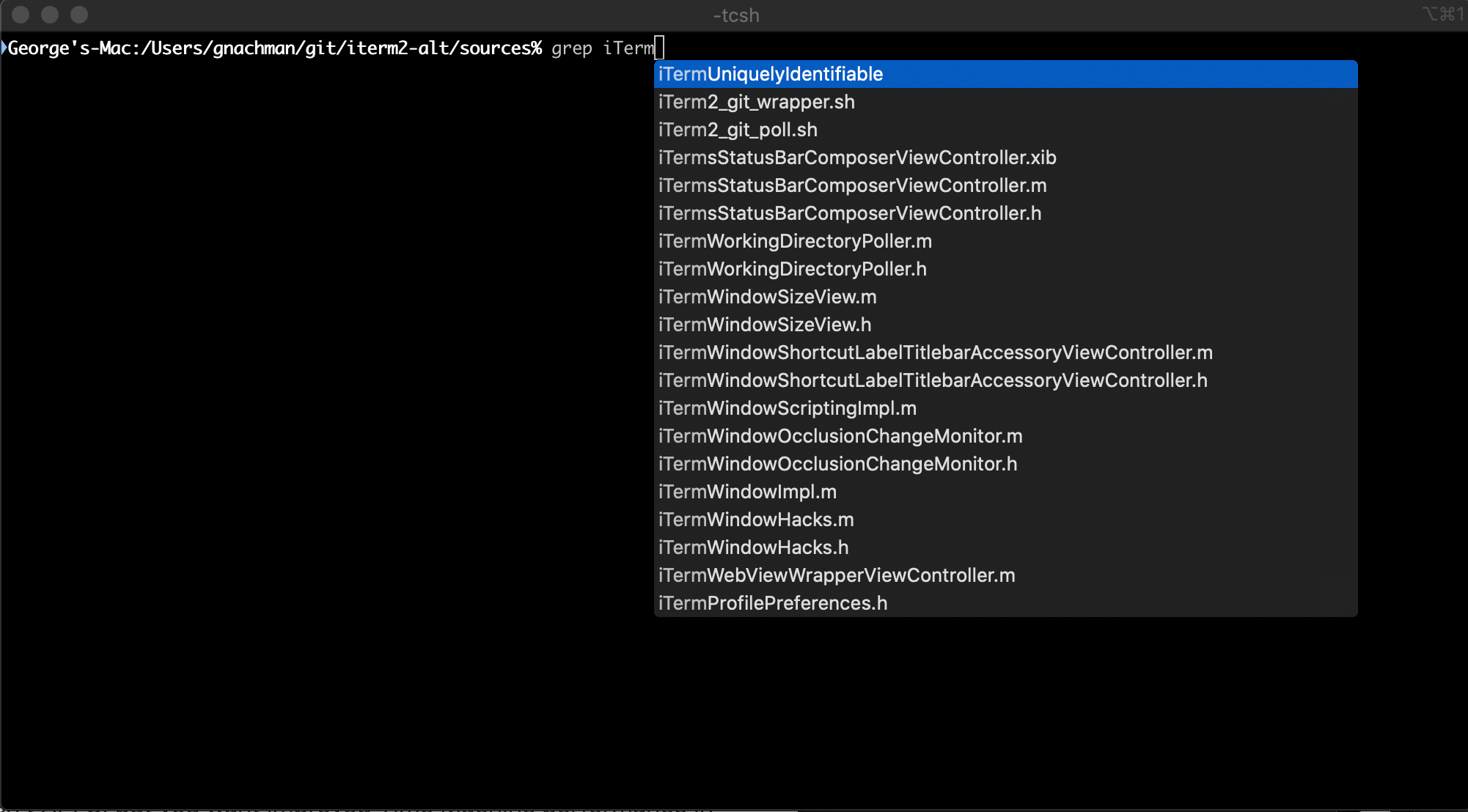In today's digital age, the demand for secure remote access solutions has skyrocketed, particularly in the realm of IoT (Internet of Things). Best RemoteIoT SSH offers a powerful solution for managing and securing IoT devices remotely. Whether you're an IT professional, developer, or simply someone interested in IoT security, understanding the nuances of RemoteIoT SSH is essential.
RemoteIoT SSH combines the robustness of SSH (Secure Shell) with the dynamic capabilities of IoT devices, enabling seamless and encrypted connections. This technology ensures that sensitive data transmitted between devices remains secure and protected from unauthorized access. As more organizations adopt IoT solutions, the importance of secure remote access becomes increasingly critical.
This comprehensive guide will delve into the world of RemoteIoT SSH, exploring its benefits, applications, setup processes, and best practices. By the end of this article, you'll have a solid understanding of how to leverage this technology for your IoT projects.
Read also:Vegamoviestv Your Ultimate Guide To Streaming Movies Online
Table of Contents
- Introduction to Best RemoteIoT SSH
- Key Benefits of Using RemoteIoT SSH
- How to Set Up RemoteIoT SSH
- Enhancing Security with RemoteIoT SSH
- Applications of RemoteIoT SSH
- Troubleshooting Common Issues
- RemoteIoT SSH vs Other Solutions
- Optimizing RemoteIoT SSH Performance
- The Future of RemoteIoT SSH
- Conclusion and Next Steps
Introduction to Best RemoteIoT SSH
RemoteIoT SSH is a cutting-edge solution designed to facilitate secure remote access to IoT devices. By leveraging the Secure Shell protocol, it ensures that communication between devices remains encrypted and protected from cyber threats. This technology is especially valuable for industries that rely heavily on IoT, such as manufacturing, healthcare, and smart home systems.
What Makes RemoteIoT SSH Unique?
One of the standout features of RemoteIoT SSH is its ability to adapt to various IoT environments. Unlike traditional SSH solutions, it is optimized for low-power devices and networks with limited bandwidth. This adaptability makes it an ideal choice for modern IoT deployments.
Why Choose RemoteIoT SSH?
With the growing number of IoT devices connected to the internet, ensuring secure communication is paramount. RemoteIoT SSH addresses this need by providing a reliable and secure connection framework. Additionally, its user-friendly interface and compatibility with multiple platforms make it accessible to users of all skill levels.
Key Benefits of Using RemoteIoT SSH
The adoption of RemoteIoT SSH offers numerous advantages, making it a top choice for IoT enthusiasts and professionals alike.
- Enhanced Security: Utilizes advanced encryption protocols to safeguard data transmission.
- Scalability: Easily integrates with large-scale IoT networks, ensuring seamless operation.
- Cost-Effective: Reduces the need for physical on-site maintenance, saving time and resources.
- Flexibility: Supports a wide range of IoT devices and platforms, offering versatile deployment options.
Real-World Applications
Organizations across various sectors have successfully implemented RemoteIoT SSH to enhance their IoT operations. For instance, healthcare providers use it to remotely monitor medical devices, while manufacturing companies employ it to optimize machine performance.
How to Set Up RemoteIoT SSH
Setting up RemoteIoT SSH requires a few straightforward steps. Below is a detailed guide to help you get started:
Read also:Has Barron Trump Ever Been On Americas Got Talent Unveiling The Truth
Step 1: Install Necessary Software
Begin by installing the RemoteIoT SSH client on your device. This can typically be done through package managers or by downloading the software from the official website.
Step 2: Configure Network Settings
Ensure that your IoT devices are properly connected to the network and have the necessary permissions for remote access. Adjust firewall settings if needed to allow SSH traffic.
Step 3: Establish Secure Connection
Use the RemoteIoT SSH client to establish a secure connection to your IoT devices. Input the required credentials and verify the connection to ensure everything is functioning correctly.
Enhancing Security with RemoteIoT SSH
Security is a top priority when working with IoT devices. RemoteIoT SSH employs several mechanisms to ensure data integrity and protect against unauthorized access.
Encryption Protocols
RemoteIoT SSH utilizes state-of-the-art encryption protocols, such as AES and RSA, to secure data transmission. These protocols ensure that even if data is intercepted, it remains unreadable to unauthorized parties.
Two-Factor Authentication
Implementing two-factor authentication (2FA) adds an extra layer of security to your RemoteIoT SSH setup. This requires users to provide two forms of identification before gaining access to IoT devices.
Applications of RemoteIoT SSH
RemoteIoT SSH finds applications in a variety of industries, each benefiting from its secure and reliable remote access capabilities.
Smart Home Automation
Homeowners can use RemoteIoT SSH to manage their smart home devices remotely, ensuring that their systems remain secure and functional at all times.
Industrial IoT
In industrial settings, RemoteIoT SSH enables engineers to monitor and control machinery from remote locations, improving efficiency and reducing downtime.
Troubleshooting Common Issues
Like any technology, RemoteIoT SSH may encounter issues from time to time. Below are some common problems and their solutions:
- Connection Failures: Verify network settings and ensure proper configuration of SSH client and server.
- Authentication Errors: Double-check credentials and enable two-factor authentication for added security.
- Performance Issues: Optimize network settings and consider upgrading hardware if necessary.
RemoteIoT SSH vs Other Solutions
When comparing RemoteIoT SSH to other remote access solutions, several key differences emerge:
Traditional SSH
While traditional SSH provides secure connections, it may not be optimized for IoT devices with limited resources. RemoteIoT SSH addresses this limitation by offering lightweight yet powerful functionality.
Cloud-Based Solutions
Cloud-based remote access solutions often require continuous internet connectivity, which may not always be feasible for IoT devices in remote locations. RemoteIoT SSH, on the other hand, can function effectively even in low-bandwidth environments.
Optimizing RemoteIoT SSH Performance
To get the most out of your RemoteIoT SSH setup, consider the following optimization tips:
Regular Updates
Keep your RemoteIoT SSH software up to date to benefit from the latest features and security patches. Regular updates ensure that your system remains protected against emerging threats.
Efficient Resource Management
Monitor resource usage on your IoT devices to ensure they can handle the demands of RemoteIoT SSH without compromising performance. Adjust settings as needed to optimize resource allocation.
The Future of RemoteIoT SSH
As IoT continues to evolve, so too will the capabilities of RemoteIoT SSH. Future developments may include enhanced automation, improved scalability, and tighter integration with emerging technologies such as artificial intelligence and blockchain.
Emerging Trends
Industry experts predict that the adoption of RemoteIoT SSH will increase significantly in the coming years, driven by the growing demand for secure and efficient IoT solutions. Organizations that embrace this technology early will gain a competitive edge in the market.
Conclusion and Next Steps
Best RemoteIoT SSH represents a significant advancement in the field of IoT security, offering a secure and reliable solution for remote device management. By understanding its benefits, applications, and best practices, you can harness its full potential to enhance your IoT projects.
We encourage you to explore the possibilities of RemoteIoT SSH further by experimenting with its features and sharing your experiences with the community. Don't forget to leave a comment below or check out our other articles for more insights into the world of IoT.
References
For more information, refer to the following resources:


